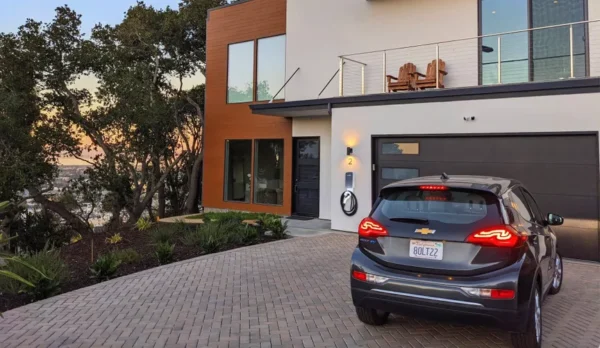
How to Handle Post-Storm Debris Like a Pro: Why a Dumpster Might Be Your Best Bet
When a storm passes, the aftermath can be overwhelming. Downed branches, ruined furniture, soaked belongings — the mess builds up fast. And while the worst may be over, the cleanup process is just beginning.
Whether you’re a homeowner, property manager, or small business owner, knowing what to do after the skies clear can save you time, money, and stress.
One of the most overlooked — but most effective — tools? A roll-off dumpster rental.

Step 1: Assess the Damage Calmly
Before diving in, take a few minutes to assess the damage. Walk around the property, make note of major items that need to go, and take pictures for insurance purposes.
If it’s a major storm event, you may want to check your local municipality’s cleanup guidelines. But for many homeowners, much of the debris can be handled on your own — with the right container.
Step 2: Know What You Can Toss
Storm cleanup can leave you staring down a chaotic mix of debris — some of it dumpster-friendly, some not. The good news is most of what you’ll collect after a typical seasonal storm can be tossed into a roll-off dumpster with no problem. Below is a handy breakdown of 30 common storm-related items you can dispose of safely and efficiently.
| Dumpster-Friendly Storm Debris | ||
| Broken fencing Downed branches Fallen leaves Patio furniture Water-damaged rugs Torn window screens Busted siding Small limbs Cardboard boxes Tree bark piles | Outdoor cushions Shingles (non-hazardous) Plastic planters Old lawn decor Broken bricks Cracked flower pots Light outdoor tools Gutter debris Collapsed shed panels Ripped tarps | Detached shutters Soaked insulation Unused plywood Sandbags (empty) Busted lattice Twigs and sticks Non-electrical signs Bent metal trim Yard toys Deck boards |
This list covers what’s most likely to pile up around your property post-storm — and yes, it’s all typically safe for the dumpster. Still, your provider should confirm anything you’re unsure about. Sorting things early can save you hassle, and make your cleanup smoother from the start.
Step 3: Estimate How Much Space You’ll Need
Dumpsters are typically sized in cubic yards — a 10-yard dumpster holds roughly 3 pickup truck loads, while a 20-yard dumpster holds about 6–8.
Here’s a quick breakdown:
| Size | Best For | Approx. Volume |
| 10-Yard | Small cleanups, single-room damage | ~3 pickup loads |
| 15-Yard | Furniture and minor structural debris | ~4–5 pickup loads |
| 20-Yard | Mixed debris from moderate storm impact | ~6–8 pickup loads |
| 25-Yard+ | Heavier debris, larger properties | 9+ pickup loads |
If you’re unsure, always round up. A slightly larger container is better than running out of space midway through cleanup.
Step 4: Choose the Right Dumpster Company
Not all dumpster rental services are created equal. Here’s what to look for:
- Clear pricing: Flat-rate quotes with tonnage included
- Flexible rentals: Can you extend if needed? What’s the daily rate?
- Fast delivery: Especially important post-storm when time matters
- Responsive service: Can you reach a real person if you need to reschedule or ask a question?
In most cases, a local provider will offer more personalized service and quicker turnaround than national chains. They know your area, understand regional weather issues, and are more likely to work with you if you need special accommodations.
Step 5: Prep the Drop Zone
Once you book, make sure your driveway or preferred drop spot is clear. Here’s a quick checklist:
- No cars, low-hanging branches, or obstacles
- Use plywood if you want to protect your driveway surface
- Load debris evenly and don’t exceed the fill line
- Call/text the provider if you finish early (many will pick up ahead of schedule)
- Cleanup goes smoother when you plan ahead — and your back (and neighbors) will thank you.
Final Thoughts
Storms leave behind more than water and wind damage. They leave stress, clutter, and a sense of urgency to get back to normal.
A dumpster rental isn’t just about trash — it’s about peace of mind. It gives you one place to toss everything, fast-tracks the recovery process, and helps you reclaim your space without the chaos.
If you’re navigating cleanup and overwhelmed by debris, booking a dumpster might be the smartest decision you make this season.
If you’re located in or near Lafayette, Louisiana, consider Titan Waste Solutions, a trusted local provider offering post-storm dumpster rentals across Southeast Louisiana. They offer same-day delivery, transparent pricing, and a team that actually picks up the phone.
Written by Jack Reed














































